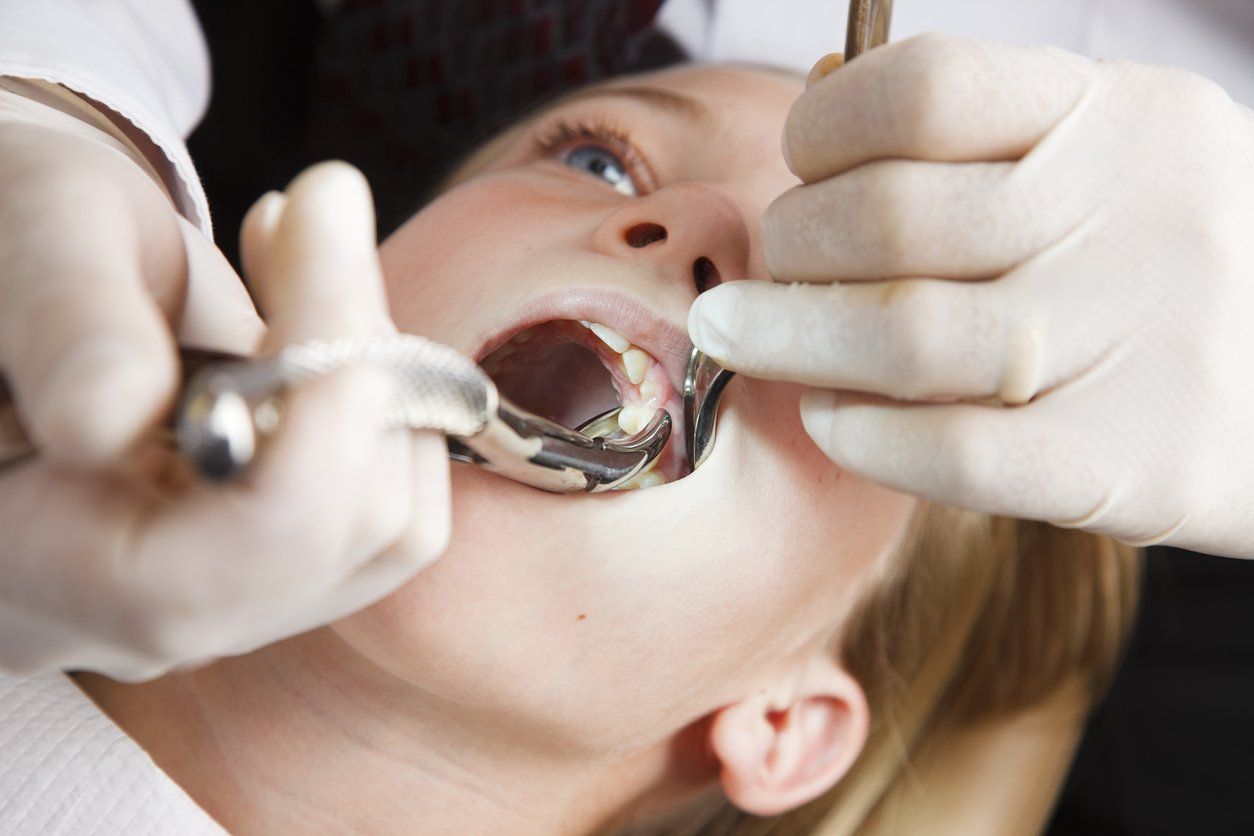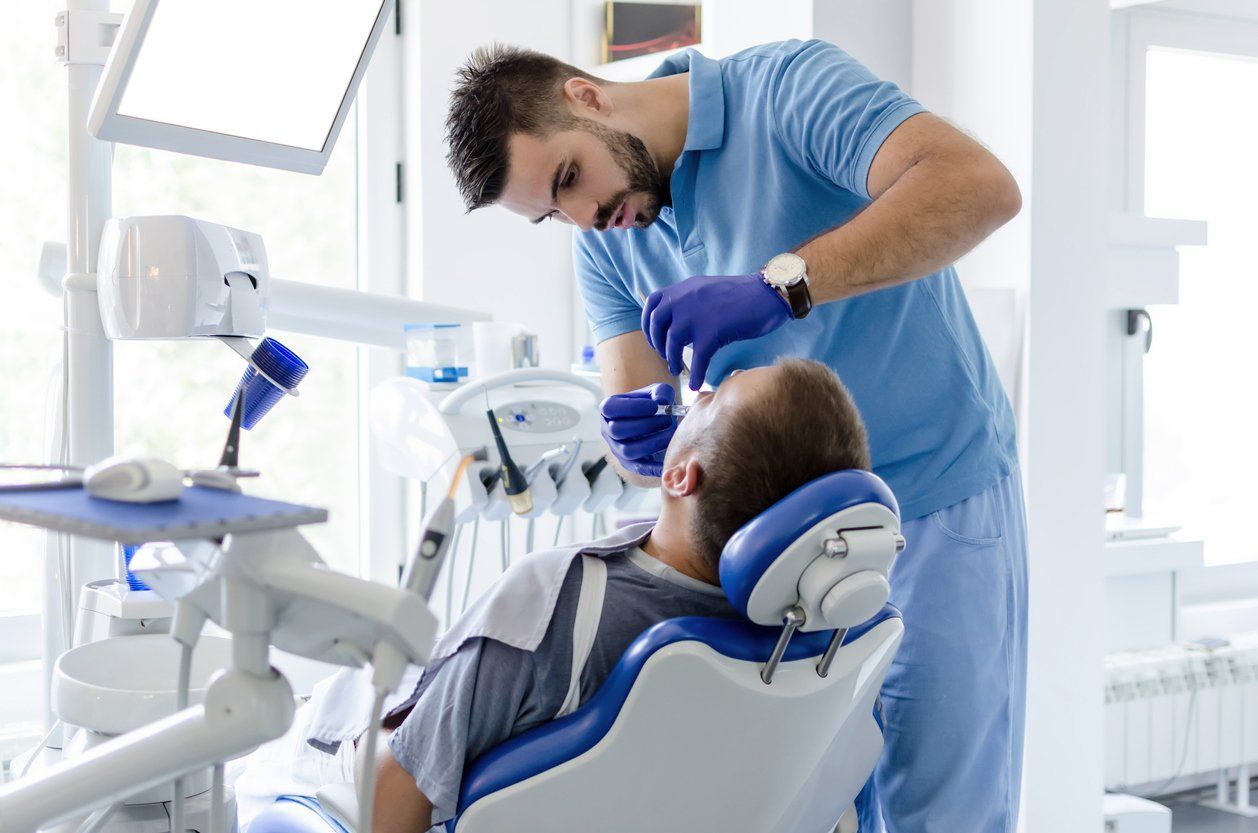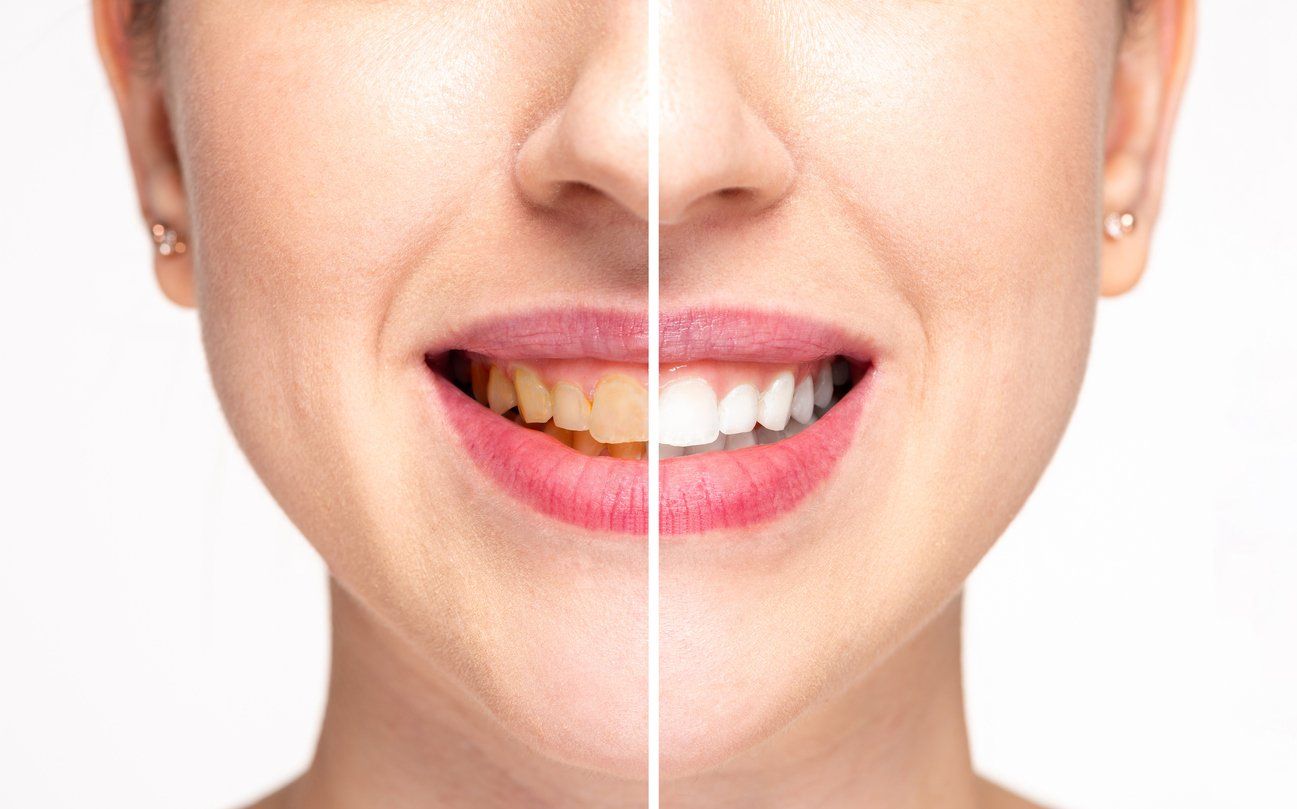All About Tooth Extractions
When a tooth is severely damaged, a dentist may utilize tooth extraction, or removal of the affected tooth. Removing the tooth from its socket in the bone is a procedure that is most often done when the tooth is beyond repair, and will not benefit from alternative treatments such as crowns, permanent fillings, or even a bone graft. The two types are simple extractions and surgical extractions. While the idea of a tooth extraction may seem complicated, your dentist will discuss the procedure with you before it happens, so that you have the opportunity to ask any questions that you may have. Let's take an in-depth look at tooth extractions so that you know exactly what to expect from the procedure.
Why Might a Tooth Need to be Extracted?

There are several reasons as to why a tooth might need to be extracted, including the following:
- Severe trauma, for example, a sports injury or blunt force.
- Overcrowding in the mouth.
- Extra teeth are blocking other teeth from coming in.
- The baby teeth fail to fall out in a timely manner.
- The wisdom teeth need to be removed.
- Severe periodontal disease.
- A tooth has become impacted.
- Extractions are often done as a preparation for receiving braces so that there is more room to align the teeth.
Always let your doctor know ahead of the procedure if you have any health issues or take any medications.
What is Overcrowding?
What does it mean when your dental professional informs you that you have overcrowding? Crowding of the teeth also called malocclusion, is when there is simply not enough room in the mouth for the teeth to align properly. It can cause issues including:
- Tooth decay.
- Pain, discomfort, or sensitivity.
- Gum disease.
In cases where there is overcrowding that can or is causing other issues, a dentist may recommend that extractions be done.
Extracting a Tooth that has Become Damaged or Decayed
When a tooth is damaged or decayed, the first step that a dentist typically takes is to see if it can be repaired with dental treatmentssuch as crowns, or possibly a filling. When this does not work, or the dental professional feels that it will not be effective, he or she may decide to perform an extraction.
When the Teeth Need to be Replaced
If the teeth need to be replacedwith dentures due to issues such as gum disease or tooth decay, the natural teeth will first have to be extracted. This can apply to all of the teeth in the mouth, or possibly only some of them. Teeth may also need to be replaced due to tooth loss, which can be caused by several things, including:
- Smoking.
- Injury.
- Osteoporosis.
- Use of excessive alcohol.
- Poor oral hygiene.
Extracting Wisdom Teeth

Wisdom teethare the four teeth that are located at the top and bottom back corners of the mouth, and they often need to be extracted. Also called the third molars, there is often a lack of room for the wisdom teeth to grow, in which case they become impacted. This can cause infection or other serious problems, so extraction is necessary. Most people develop wisdom teeth in their late teenage years or early adulthood, at which time a dentist will determine if they need to be removed. When the wisdom tooth is impacted, it can grow at an angle toward the second molar or the back of the mouth. It can also grow at a right angle, or it can stay trapped in the jawbone, resulting in pain, infection, or other damage.
What are the Types of Tooth Extractions?
The two typesare known as simple and surgical. What is the difference? If the tooth is visible in the mouth, it is removed by a procedure called a simple extraction. Most dentists do this procedure in office, with tools called elevators and dental forceps. A local anesthetic is used to eliminate pain. A surgical extraction is a bit more complicated and is done when the tooth cannot be seen inside the mouth as a result of a fracture beneath the gum line or if they have not come through the gum completely. This is usually done by an oral surgeon using a general anesthetic.
Options for Pain Management After a Tooth Extraction
After the procedure, it is common to have pain or discomfort for a few days. The dental professional will recommend appropriate over the counter or possibly prescription painkillers. It may also be helpful to apply an ice pack to the painful area, especially if there is some swelling.
Pros and Cons of Healing and Aftercare
During the healing and aftercare process, you may experience some of the following:
- The adjacent teeth may become accidentally damaged.
- There is a possibility of nerve injury.
- Infection (although this is rare).
In some cases, you may experience dry socketif a protective blood clot either fails to form or dislodges from the gums. This can cause delayed healing or infection. If this happens, the dentist can either clean the socket thoroughly to clear out debris, or possibly apply medicated gel and gauze. Aftercare includes anti-inflammatory medication or a prescription pain reliever, and possibly an antibiotic. During the recovery period, your dentist may also recommend that you use an antiseptic solution or antibacterial mouthwash. It is important to have a follow-up appointment about a week after the procedure.
Cost of Tooth Extractions
The cost of the extraction can vary depending upon whether it is a simple or a surgical extraction, and other factors as well. For simple extractions, patients can expect to pay up to $200 per tooth. The cost of removing an extracted tooth is considerably higher, often in excess of $3000.
At Marie Simon Dentistry, we understand that tooth extractions may cause concern in patients. This is why we take the time to provide all the necessary information regarding the procedure in order to make each patient as comfortable as possible. We provide professional guidance before, during, and after the procedure in order to ensure that you have the best possible experience. For more information, or to schedule an appointment, contact us today.










